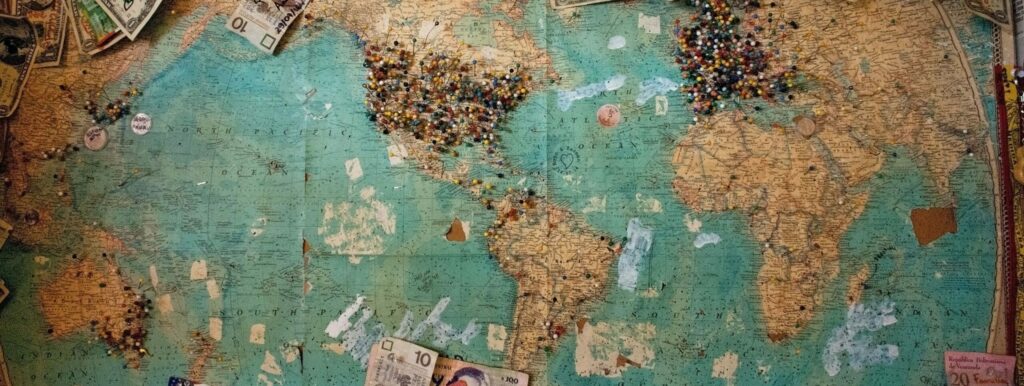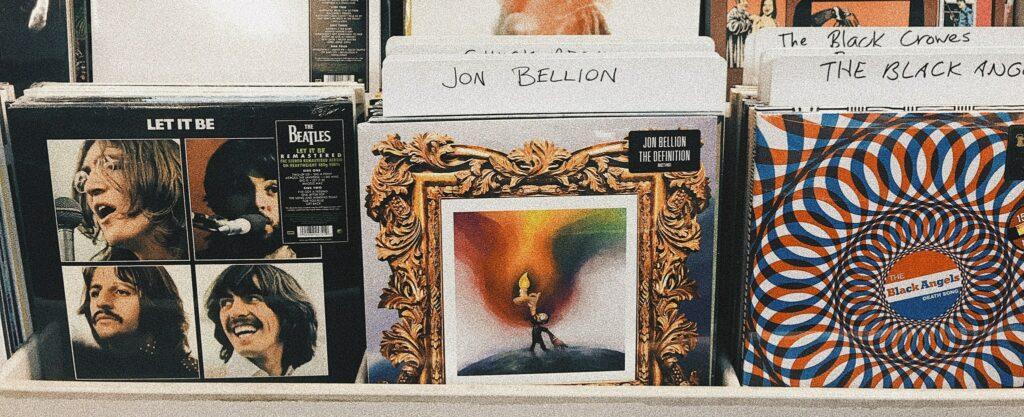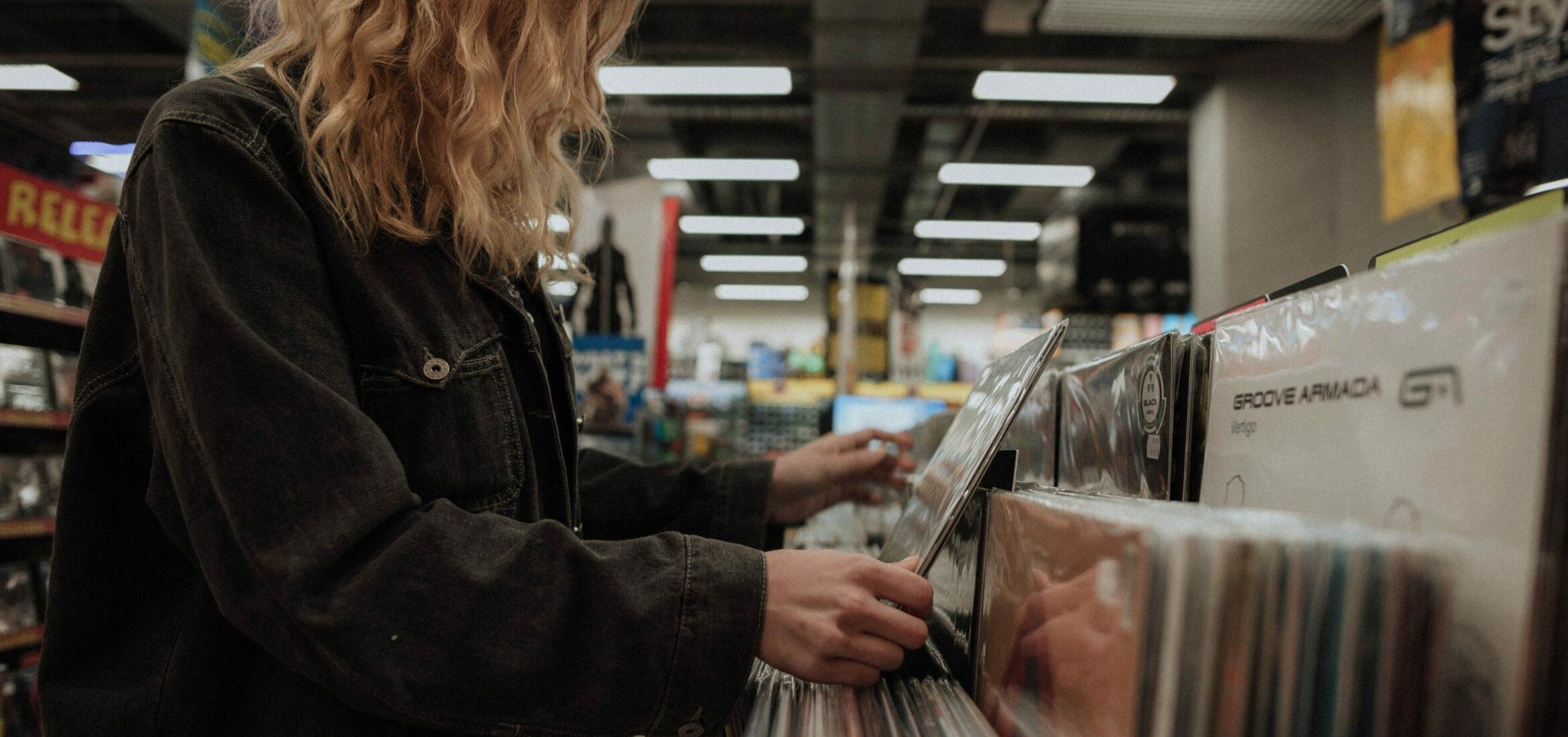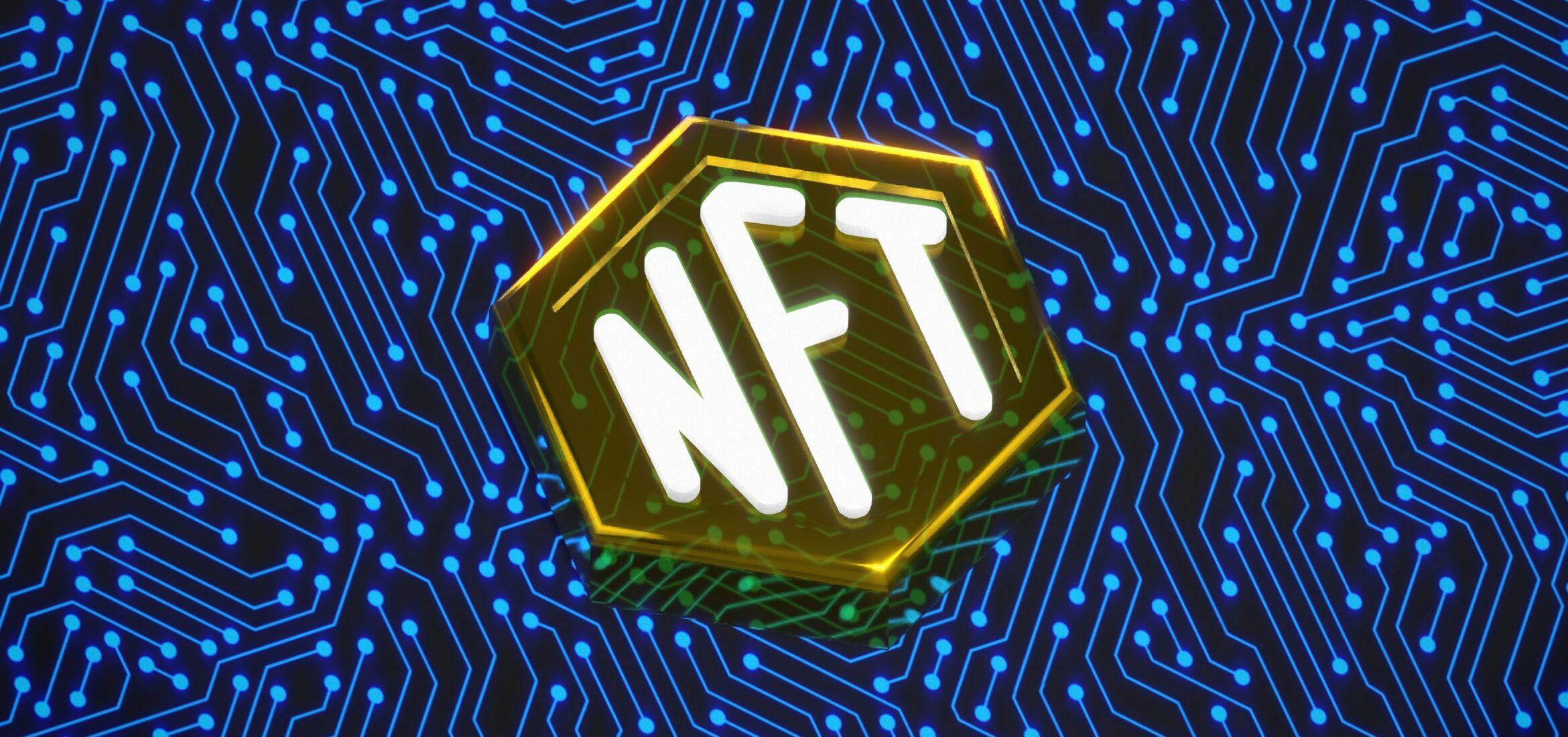When compared to other industries, the recording industry really hasn’t been around that long. In the century or so of recorded music sales, a lot has changed. The past two decades have seen the biggest changes, and the last five years, especially, have pushed us exponentially into a brave new world. We’ve already explored the turbulent voyage into digital music distribution. Today, however, we’re going to focus on one specific aspect of modern music distribution: self-publishing—more specifically, how to release music without a label and get it out to the masses.
There are a few hoops to jump through on this journey, but none are too cumbersome on their own. So we’ve broken down how to publish your own music into five categories. These don’t necessarily follow a specific order, but each one matters nonetheless.
1. Go PRO (Performing Rights Organization)
If you’re serious about publishing your own music and want to earn royalties from it, one of the first things to do is connect with a performing rights organization (PRO). PROs essentially ensure that you’ll receive royalties for your music when played in public venues (restaurants, shops, etc.) or when performed.

In the U.S., the two PRO mainstays (often referred to as the Coke and Pepsi of PROs) are BMI (Broadcast Music, Inc.) and ASCAP (American Society of Composers, Authors, and Publishers). Other PROs exist as well, such as SESAC, but this one is a bit more exclusive than BMI and ASCAP.
Both BMI and ASCAP have their advantages, such as workshops and meet-and-greets, and each boasts an impressive roster of artists, from small-time songwriters to pop superstars. You can join BMI or ASCAP as either a writer or publisher. As a writer, you’ll receive half of the music royalties for your song, while the publisher will receive the other half. In other words, if you are your own publisher, you’ll get all the royalties. Fees vary depending on the PRO and your status (writer or publisher). In short, it’s free to sign up with BMI as a writer, and it costs a one-time fee of $150 to become a publisher. For ASCAP, it costs $50 to join as either a writer or publisher. Further fees and payout schedules can be explored on their websites.
2. Try a Publishing Administrator
If you’d rather another entity handle the workings of publishing, consider using a publishing administrator. For a small commission fee, these entities oversee the publishing, marketing strategies and distributive rights of your music. This way you don’t need to publish your own music and you’ll still be compensated fairly for any sale or performance of your copyrighted property. Companies like TuneCore and CD Baby are considered publishing administrators. CD Baby Pro, for instance, collects 15% of any royalties they claim for you. By going through these sites, you can share your music via every digital platform (Spotify, Apple Music, Google Play, Amazon Music, etc.) and make money for streams, downloads, YouTube plays, and even ringtones!
3. Make it Your Business to Publish Your Own Music
If you’re going to become your own publisher, it’s a good idea to form a legal business entity to handle fees, taxes, and transactions. This way, you can separate your personal finances from your business’s. Plus, maybe you’re not the only one in charge. A band, for instance, might have four members. Each member might play a specific role in the writing and recording process, or maybe everyone contributes evenly. By keeping things on the books, you can sort out the division of labor, compensation, and potential member changes with no confusion.

A Limited Liability Company (LLC) is the most common type of business structure for publishing your own music. These can be set up online through sites like LegalZoom, or through a knowledgeable attorney.
4. Don’t Forget to Copyright
No matter how you plan on publishing or distributing your music, make sure you get it copyrighted. If you publish your own music, you already legally own the copyright to your songs. Otherwise, to ensure the ownership of your music, you’ll want to go to the U.S. government’s copyright website (or the corresponding site in your country) and register with a $35 fee (for U.S. residents).
In truth, copyrighting your music is more of an insurance measure than anything else. While you technically already own your music when you create it, you lack access to certain legal remedies if you don’t claim a copyright. For instance, let’s say someone “steals” your melody or lyrics. Your song might have been created first, but the other artist, in this case, has their song copyrighted while you don’t. Chances are you’ll lose that battle.
5. Getting Physical?
The majority of music consumption might be digital these days, but that doesn’t mean people don’t still enjoy collecting physical copies of songs and albums. In the past, record labels handled physical creation and distribution through their own channels. Back then, unsigned artists had no real method for manufacturing records or selling them. In recent years, some business-savvy individuals have seen an opportunity in creating these means, opening the door for artists of all levels.
We’ve already mentioned CD Baby when it comes to publishing administration. The company also handles CD and vinyl manufacturing and distribution. With connections to thousands of brick-and-mortar stores, CD Baby can get your album on shelves with ease. Additionally, the site offers other means of distribution, like Amazon, Facebook Marketplace, a personal website, or even via CD Baby’s store itself. Of course, CD Baby collects a percentage of record sales.

Conclusion
The reality is, labels are dying. Sure, they’ll be around a while longer, like newspapers, infomercials, and talk radio. But their prominence fades more each day, with DIY musicians taking their music into their own hands. While you’ll still have to shell out for publishing your own music, these costs pale in comparison to what labels regularly siphon from even the biggest artists. Nothing is stopping you from getting your music out there and earning from your hard work. The gatekeepers simply can’t hold back the eager masses any longer.
About the Author

Ethan Keeley
Writer, Voice Talent, Musician, and Audio EditorEthan Keeley is a musician, voiceover talent, and writer from Rochester, New York. When he's not on tour with his band Unwill he's working on new songs and stories.
Leave a comment
Log in to comment


